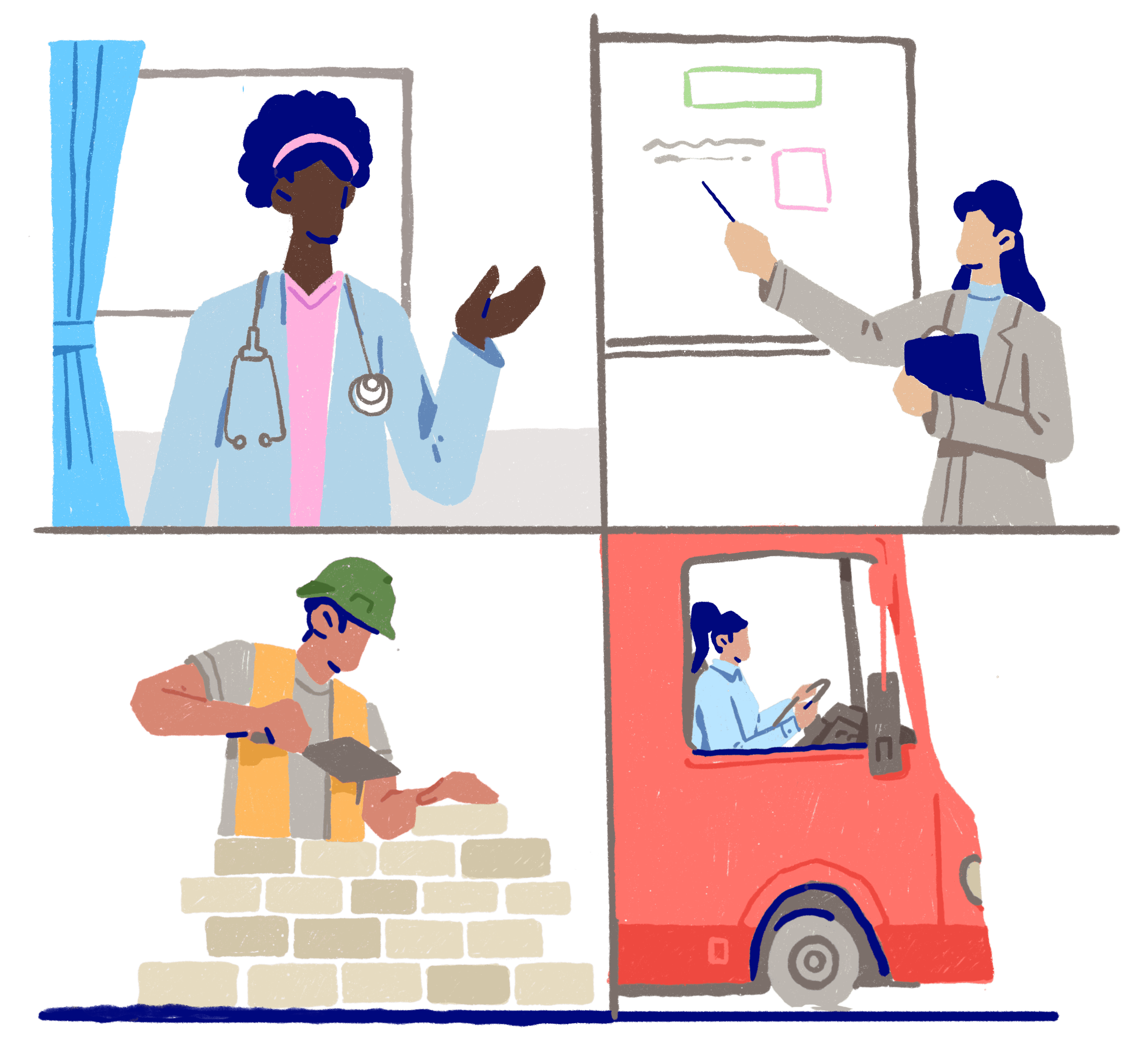Approved by
LAST REVIEWED 1 May 2025
Employers and employees
Looking for new ways to support your employees’ wellbeing? We've created an employer toolkit to support you in raising awareness of the free, personalised advice, and NHS-approved apps and resources available through Good Thinking to help promote positive mental health and wellbeing in the workplace.
Stress, anxiety and burnout are common problems in the workplace. The mental health charity, Mind, reports that 1 in 6 UK workers are experiencing mental health problems and, with current pressures from the cost of living crisis, the need to provide support for employees is now more critical than ever.
We know it can be time-consuming to find good quality free resources that support your employee wellbeing strategy, so as London’s digital mental wellbeing service, Good Thinking have created a free employer toolkit to help employers create a safe and supportive workplace in these challenging times.
The toolkit is free to use and is available to all London organisations in the public, private and not-for-profit sectors, no matter the size.
We recommend that you share this web page and the toolkit with anyone in your organisation who is involved in health and wellbeing, including HR teams, wellbeing leads, line managers and Mental Health First Aiders.
There are lots more useful resources available for employers and employees on the Good Thinking website. The NHS, mental health charities and business groups also provide advice and support – you can find links to some of these websites below.












